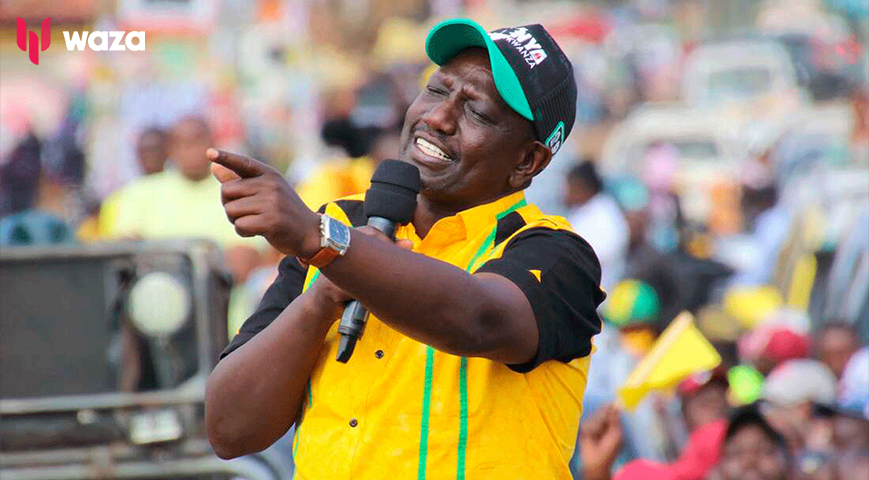After two years in office, President William Ruto faces a pivotal moment as he navigates the challenge of securing his legacy and re-election amidst mounting disapproval of his policies.
Since his inauguration in September 2022, the president has faced significant hurdles, including numerous court challenges to his projects and widespread public criticism online over the state of the nation.
During a recent address in Taita Taveta County on Tuesday, December 3, Ruto's frustration was evident as he questioned how public sentiment had shifted so drastically against him.
Dubbed "David" during his 2022 campaign for his perceived ability to overcome challenges, Ruto now faces widespread opposition, particularly over tax increases and controversial reforms in health, education, and governance.

Did you read this?
Critics, including the opposition, have scrutinized several flagship initiatives such as Taifa Care (the Social Health Insurance Fund), the University Funding Model, the Affordable Housing project, the national livestock vaccination campaign, and the contentious Adani agreements.
Addressing the backlash, Ruto equated the dissent to an "evil spirit" undermining national progress.
“Wakenya tafadhali, kuna pepo chafu ya kupinga kila kitu," he said during the groundbreaking of the Devki Iron Processing Project. "Affordable housing, chanjo ya ng’ombe, kubadilisha mfumo wa university zetu, hata matoleo kanisani, kila kitu inapinga. What is this, surely?”
The president also criticized his detractors for offering no viable alternatives while opposing his policies.
“This spirit of opposing everything... tuombee nchi yetu,” he added.

Ruto, known for his strategic approach and grassroots appeal, rose to power on the promise of his “bottom-up” economic model, which resonated with ordinary citizens. However, his administration has since faced numerous challenges, including increased taxes, doubled fuel VAT, and difficulties implementing the new health insurance scheme.
Public discontent culminated in widespread anti-government protests between June and August 2024, forcing the government to withdraw the Finance Bill 2024, which proposed further tax hikes.
The church also joined the growing chorus of criticism, urging Ruto to realign his administration. In response, he appeared to adopt a conciliatory tone, saying in Embu on November 16, 2024, “Tumewasikiza bishop wetu... Vile wametusahihisha hiyo makosa tutarekebisha.”
As the clock ticks towards the next election, Ruto's every decision is under intense scrutiny. While his allies have called for patience, urging Kenyans to allow more time for their policies to bear fruit, many citizens argue that two years is enough to judge the administration’s performance.
With growing public dissatisfaction and the pressure of looming re-election campaigns, the president faces the critical task of regaining trust and delivering on his promises.









